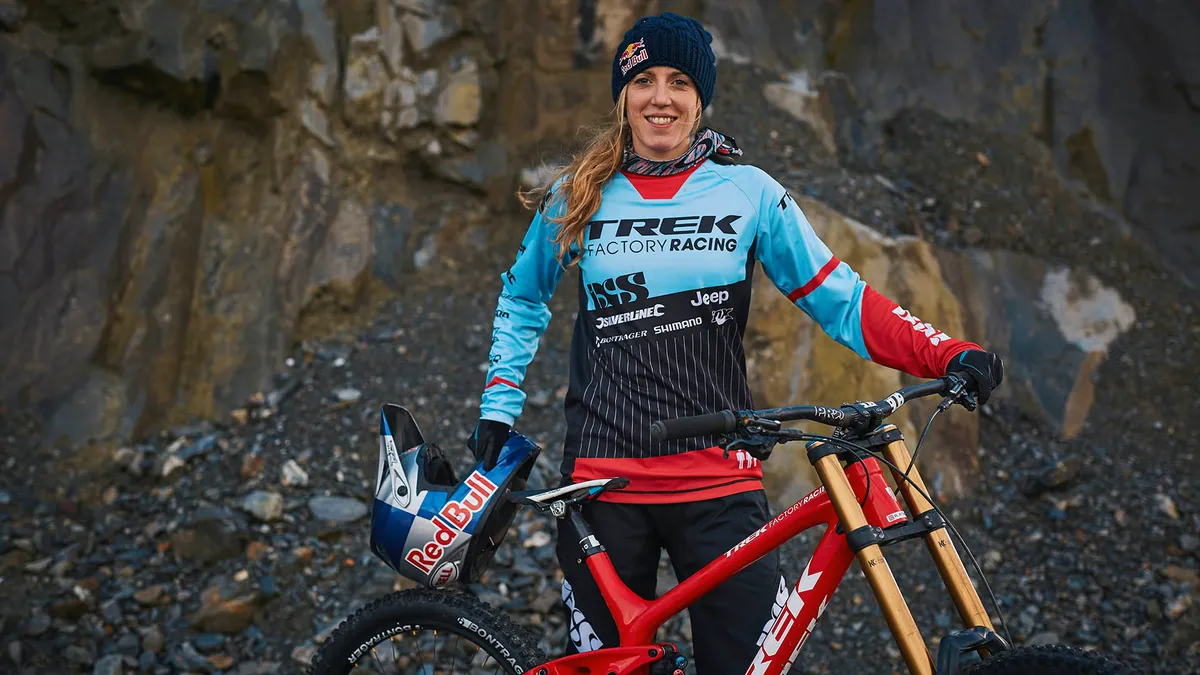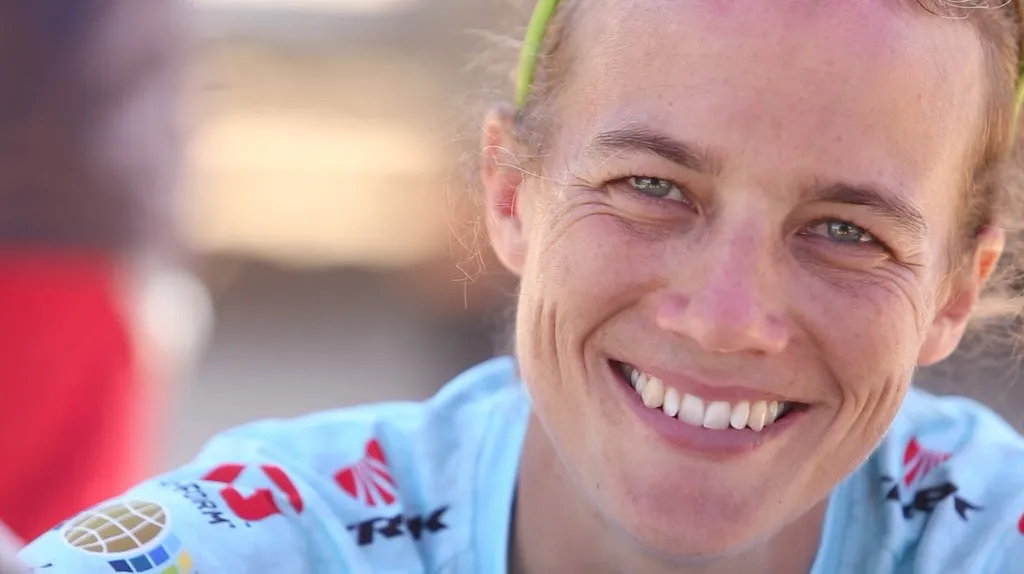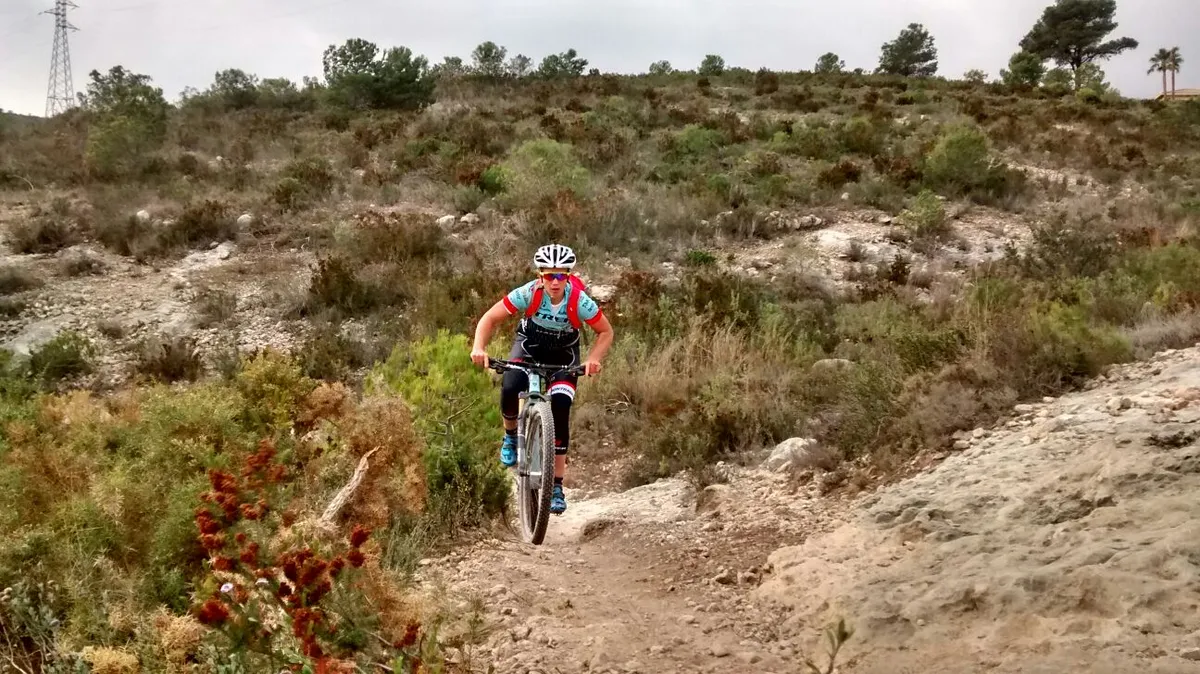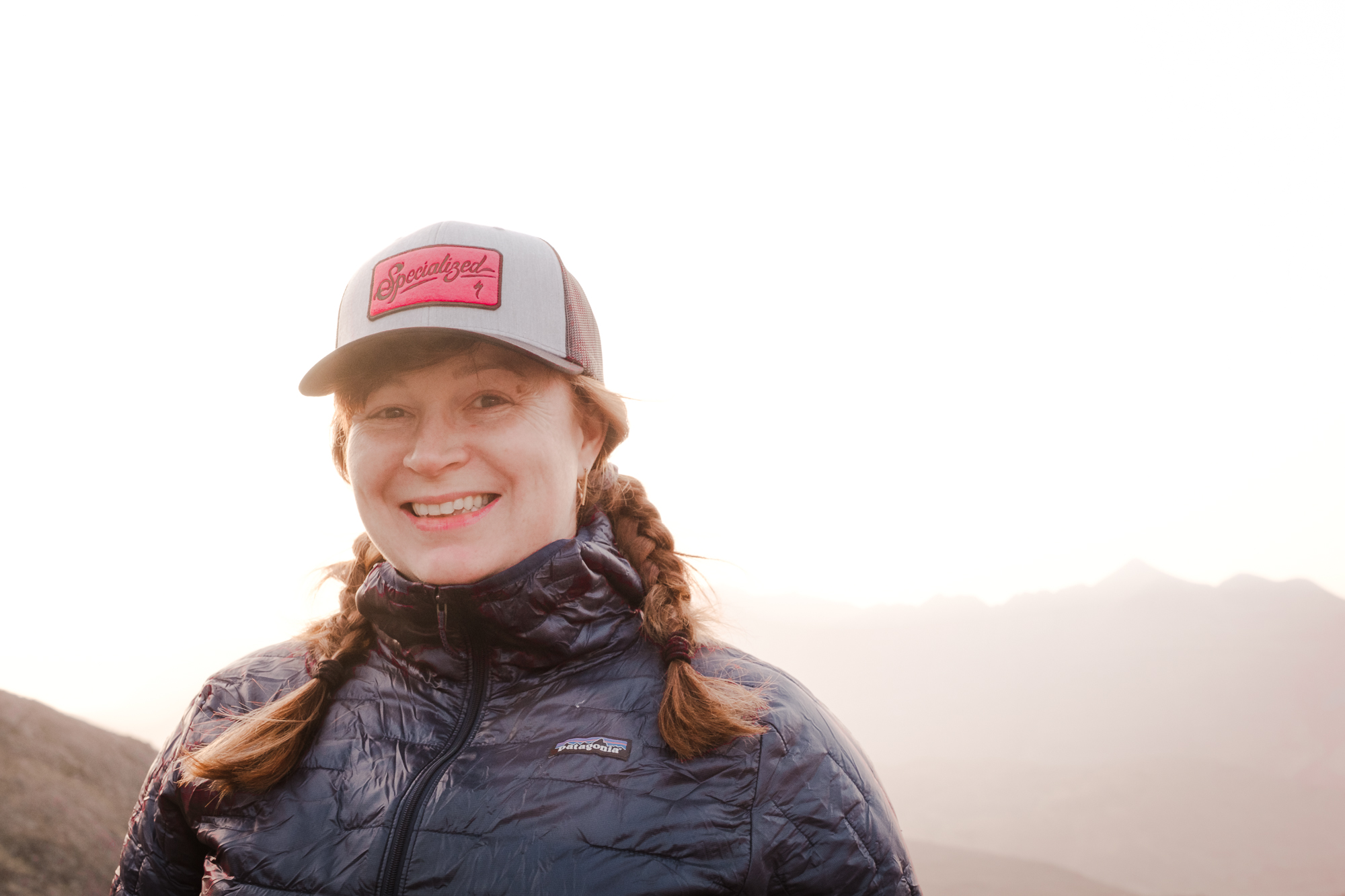When it comes to mountain biking, it's safe to say British women are doing rather well. Tracy Moseley has won the overall title at all three Enduro World Series. Rachel Atherton 'did the double' for the second time in her career in 2015, becoming both downhill World Champion and World Cup Champion at the same time.
Hot on their heels come Katy Winton, the Scottish enduro rider who signed to Trek for 2016, Manon Carpenter, who took the downhill World Champion stripes in 2014, and Tahnée Seagrave, with multiple podium positions over the last two years, to name but a few.
Related: Celebrating women's cycling on International Women's Day
But drop down to the Junior category in the British Downhill Series, and there's cause for concern. At a national level, while there are frequently enough male Juniors to run several races, there are significantly fewer females. Numbers are growing, but women are still in the minority at many mountain bike races. While more women are getting into mountain biking, and more parents are taking their children riding, the cost, time commitment and expense of racing can be prohibitive for many.
Early support
Both Atherton and Moseley recognise this, and are each taking matters into their own hands, doing what they can to support the next generation of female mountain bikers.
"I’ve been so lucky to have my brothers to help and encourage me, from the very start I just wanted to keep up with them. I never forget that or underestimate how lucky I was to have them and a dad who was prepared to devote his weekend to taking us to the races, which is why I particularly want to help other young women when they are starting out," Atherton tells BikeRadar, and it's a sentiment that Moseley shares.
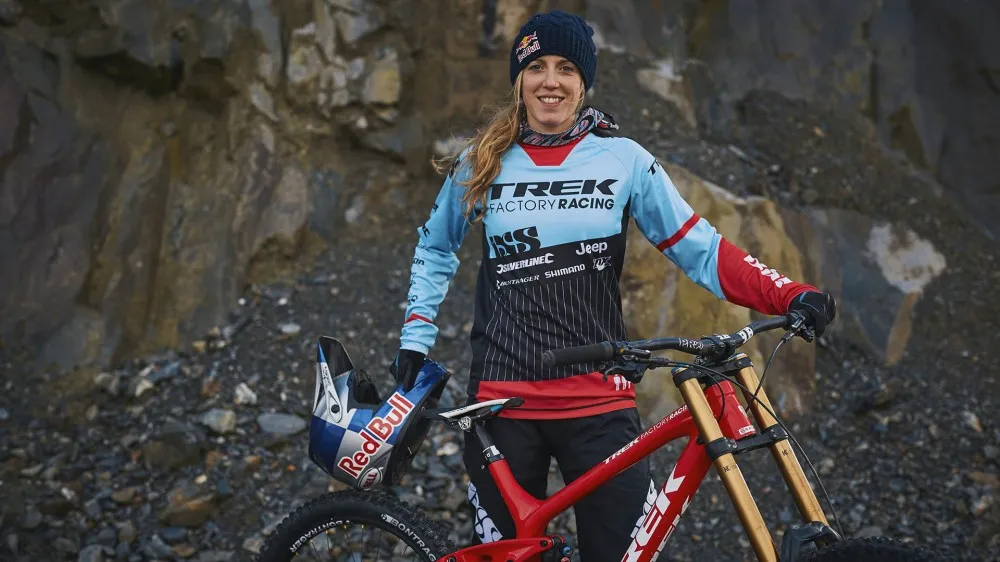
"I always had my brother Ed, who was invaluable in getting me out on my bike when I was feeling lazy, making me ride down crazy stuff and also for helping maintain my bike," Moseley adds. "My mum and dad also drove us to races every weekend and were super supportive so that really helped. I also had some help from local bike shops at the start. I've had an amazing 20-year career doing something that I love, and I would love to see more girls able to do the same."
Rising race entry fees
Moseley feels that one barrier is the escalating costs not only of bikes and equipment, but also race entry fees. "This is something that can make it really expensive for young kids to take part in races. Thanks to the world of insurance and health and safety, the need to have all these things strictly in place has changed things a lot," she continues. "We need more local grassroots racing, supported by local clubs and volunteers, to build the stepping stones up to regional races and to make that first stage more affordable for the masses."
Atherton feels that simple numbers play a part, which may mean that things will change over time as more women take up the sport. "I think it’s maybe that more boys have been doing it longer, so their numbers grow faster. But the participation of women in mountain biking has just exploded in the last five years, and it amazes me how many women I see out on the tracks and trail centres. It's cool! I’m so optimistic about the way the sport is going.
Keeping it local
Both Atherton and Moseley are focussing their efforts on their own main disciplines. Moseley has been helping at her local cycling club over the last five years, and her support for a group of up-and-coming riders stems from that. "I have kept it pretty local and low key as I am still super busy, so I wanted to help riders that I would see regularly and could ride with. I could keep fit keeping up with them at the same time as giving them some of my knowledge and experience," she comments. And it appears to be working.
"Evie Richards showed such natural talent from the start and is now the World U23 Cyclocross Champion and Junior MTB World's silver medallist - and that's from very little support from me, some good equipment and a huge amount of talent and hard work on her part. I am now helping out a few other riders: Hattie Harnden who will race XC and some enduro races, and Meg James, a national CX champion to whom I wanted to give the chance to try enduro and DH and broaden her cycling experience."
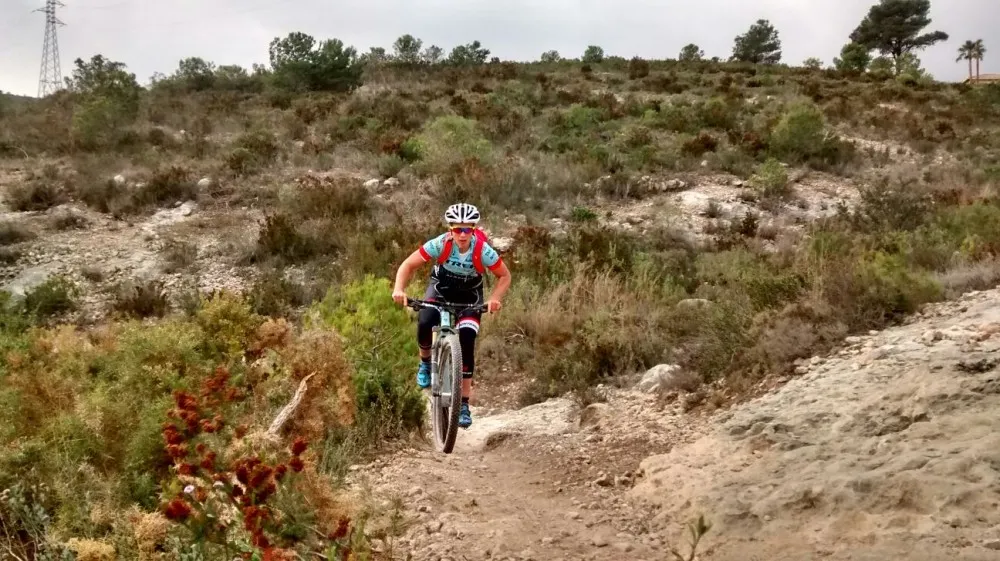
Moseley will also be leading talks, Q&A sessions and a led ride at the upcoming Women's Weekend at Bike Park Wales in the UK.
Podiums mean prizes
Atherton sponsored the British Downhill Series women's category in 2015, and has just announced this support will continue into 2016. The support she provides is material as well as practical; riders are offered the chance to trade their winners' cheques for prizes from Rachel's sponsors, often of a higher value than the amount won.
"I love it that we have been able to give girls things like GoPros, brake sets and pedals from Shimano, helmets from Bell, knee pads from IXS, goggles from Oakley - everyone has been so awesome in supporting this idea! This year I’m excited that we’ll have a chance to work with Trek and Bontrager for the first time. I remember when I started racing how hard it was sometimes to get together the things that I needed; I’m sure that Gee used to race in rollerblade pads! I see so many girls hampered in their racing performance by not having the correct kit or set-up but over the last year I think we’ve made a real difference.”
Atherton also leads track walks, providing advice and guidance, and will for 2016 offer an accompanied first ride of the track. She also offers the services of her mechanic Joe who provides advice on set-ups.
Unifying impulses
With both riders at the top of their game, and certainly both role models for younger riders, what motivates them to make this extra effort? The desire to pass on the knowledge they've gained, to make a direct difference to the next generation of riders, is a unifying impulse.
"I want to do something with all those years of experience and knowledge I have gained," says Moseley, "maybe help them not make all the same mistakes I made, and make the process easier and more enjoyable! I would also love to see more females out there riding bikes and above all having fun doing it."
"I wanted to do something myself that would have a direct impact on upcoming riders...something proactive coming directly from me as Rachel," said Atherton. "There are actually a lot of girls that race and towards the end of the season before last I started to think of how I hadn’t really been closely aware of them. These girls are the future of the sport so I wanted to get properly, fully involved. I have great, really close relationships with lots of them now and i get so much back from that."
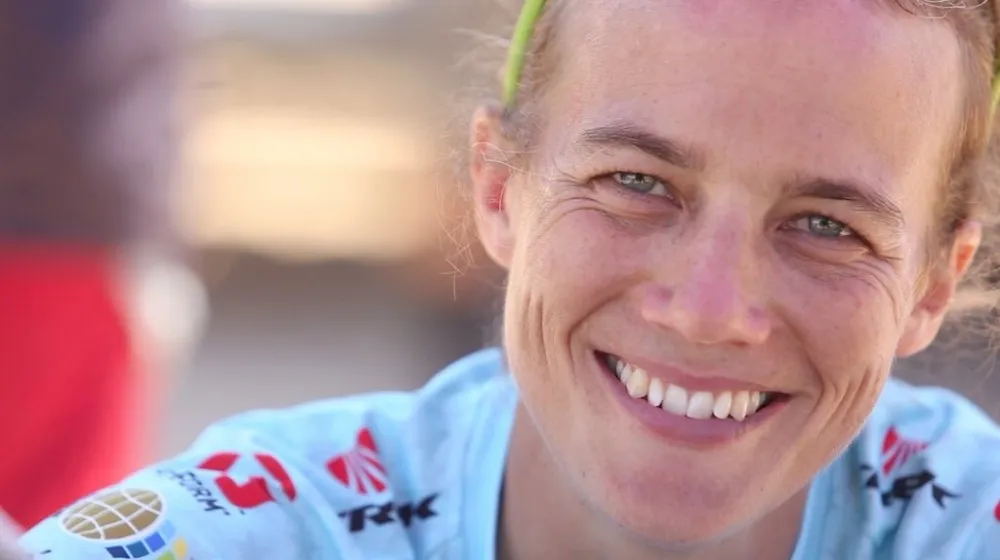
So where would both Rachel Atherton and Tracy Moseley like to see the sport in five years' time?
"I would just love to see as many women as men out on their bikes at the weekends, with their families, with their partners or out with friends, just for it to be a normal activity for women to do," says Moseley. "I am not so worried about the racing side, as I think that would take care of itself once you have a larger number of women out on bikes; it's a natural progression for a certain percentage to want to have a go at racing.
"I’d also love to see the standard of women's riding also improve so that they feel safe and confident on their bikes and aren’t fearful of always crashing, and I feel this needs to start with young girls growing up playing on bikes and learning those skills, so riding a bike is second nature and they will then grow up as confident female cyclists. So that's why my focus has been on helping develop the younger riders and giving them the tools to enjoy cycling for the rest of their lives."
For Atherton, coverage and exposure is important. "I’d like to see equal coverage of course, but I’ve said before that we have a lot of power over our own destiny," she comments. "Through social media we can tell our own stories, the very day that they happen - we don’t have to wait for a mag to run a feature or a team manager to find some budget to make a film. Social media is so powerful - we can share our pictures, our feelings and our opinions right from the racetrack."

